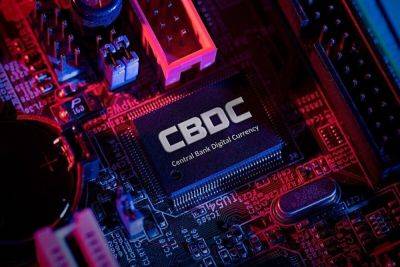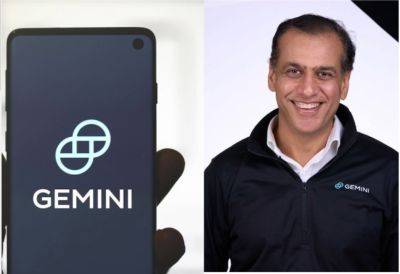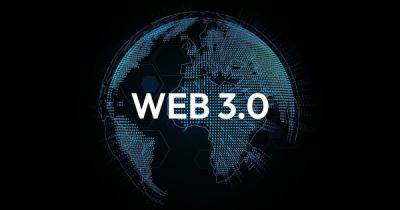9 crypto leaders share advice for proof-of-humanity solution builders
Trust is in shorter supply in the digital world these days. As artificial intelligence evolves and produces more “humanlike” and realistic results, users of digital services are increasingly concerned with knowing who and/or what, precisely, they’re interacting with. With a commitment to decentralization and broad access, the crypto industry in particular needs proof-of-humanity solutions to avoid issues like fake accounts and automated bots — and, of course, to comply with Know Your Customer and Anti-Money Laundering regulations.
The crypto industry is nothing if not innovative, and proof-of-humanity solutions that leverage verified video registries, social connections and biometric identification are among those in the works. But user privacy and control are a cornerstone of the crypto philosophy, so it’s essential that developers demonstrate a commitment to these principles. Below, nine members of Cointelegraph Innovation Circle share their advice and ideas to help developers of proof-of-humanity solutions preserve the privacy of personal information.
Developers should aim for anonymous verification methods, such as zero-knowledge proofs, and process data on the user’s device to prevent personal information from being transmitted. When transmission is necessary, use end-to-end encryption. Emphasize transparency and user consent, and consider decentralized storage solutions to minimize centralized data breach risks. – Irina Litchfield, Lumeria
Since the latest proof-of-humanity measures involve facial or video recognition methods, it’s concerning that these providers record and store new layers of personal information beyond the “normal” personal data that could be exploited. It would be interesting to see whether
Read more on cointelegraph.com





















